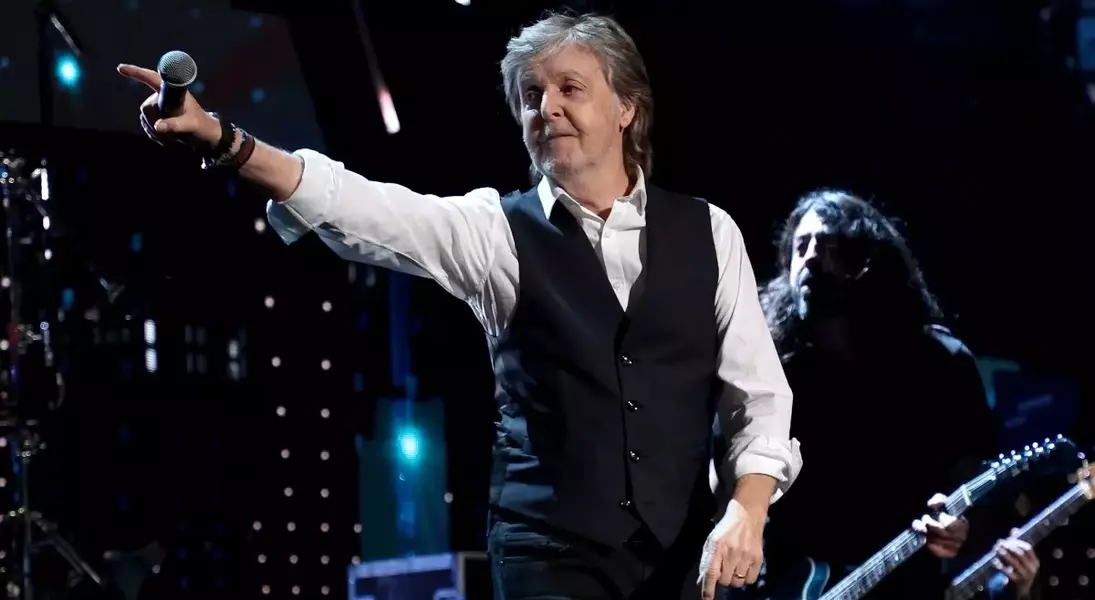
The legendary musician Paul McCartney has expressed concerns over proposed amendments to UK copyright laws that could permit tech companies to use online content for training their models without explicit permission from creators. In a recent interview, McCartney emphasized the need for governmental protection of artists and musicians. He warned that unless these changes are carefully managed, they could jeopardize the livelihoods of creators. While not entirely against AI technology, McCartney highlighted the economic risks posed by unrestricted access to artistic works, particularly for emerging artists who may lose control over their creations.
McCartney's stance reflects broader concerns within the creative community about how new technologies might impact intellectual property rights. He stressed that financial rewards should rightfully belong to the creators rather than being diverted to large tech corporations. This issue is especially relevant for young artists who may find their work exploited without proper compensation or recognition.
The Call for Artist Protection
In response to potential legislative changes, McCartney has voiced strong support for protecting artists' rights. He argued that the government has a responsibility to safeguard creators, ensuring that they retain ownership and control over their work. McCartney believes that if these reforms proceed without adequate safeguards, it could lead to a significant loss of creative talent. The artist pointed out that the government's role is to protect those who contribute to cultural heritage, and failing to do so would have long-term consequences for the arts.
McCartney’s plea comes at a critical juncture where technological advancements are rapidly changing the landscape of content creation. He reminded policymakers that artists are the backbone of cultural innovation and deserve robust legal protections. By advocating for stricter regulations, McCartney aims to ensure that future generations of creators can thrive without fear of exploitation. He emphasized that while technology offers exciting possibilities, it must be balanced with respect for intellectual property rights. The artist also noted that the financial benefits of creative works should primarily benefit the creators themselves, reinforcing the importance of fair compensation in the digital age.
Navigating the Intersection of AI and Artistry
While McCartney acknowledges the potential of AI in enhancing creativity, he remains cautious about its implications for artists. He shared an experience where he used AI to restore an old demo, creating what he termed "the last Beatles record." This instance demonstrated the positive applications of AI in preserving and enhancing musical heritage. However, McCartney warned that without proper regulation, AI could become a tool for exploitation rather than innovation. He stressed that artists should have the right to decide how their work is used and who benefits from it.
The musician highlighted the vulnerability of emerging artists, who may not have the resources or legal expertise to protect their creations. He explained that in the current climate, young creators face the risk of having their work appropriated without consent or compensation. McCartney underscored the importance of maintaining a balance between technological advancement and artistic integrity. He called for a system where artists can confidently produce new works, knowing that their intellectual property will be respected. Ultimately, McCartney advocates for a framework that supports both innovation and fairness, ensuring that creators can continue to contribute to the cultural landscape without undue risk.
